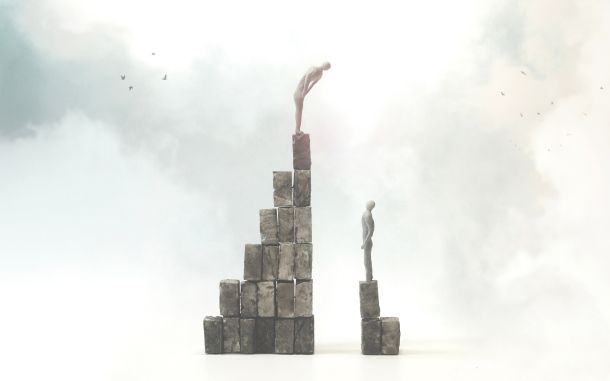Editorial: Human Brain, AI, and Overcoming Despair

As AI is moving up in the ladder of prominence in our lives, we inevitably receive more contemplative pieces that explore this new phenomenon submitted to The Fountain for publication. Here comes one such contribution by Dr. Mehmet Orhan who explains the origins of AI research that dates back to the 1940s, and how it has evolved to what it is today. Major corporations invest hundreds of billions of dollars in AI research and development, hiring thousands of experts. Orhan also goes into the ultimate topic of curiosity: human intelligence vs. artificial intelligence. Amidst many overwhelming debates about potential scenarios that pit machines at war against humanity, Orhan’s comments provide a nourishing perspective, positioning the human brain and AI technologies in their respective roles, offering a foundation for healthy conversations about our future.
When talking about the human brain, one popular phenomenon to consider is “multitasking.” Many believe we should have multitasking skills to land a job or finish up our duties on time. Matt Alley challenges readers in this matter and is asking whether multitasking is really possible or not. Many tasks we assume we are doing simultaneously are actually muscle memory, not actions performed with conscious thought. Similarly, tasks completed in their own time are not a product of multitasking. Alley’s article offers an introductory perspective on multitasking in this issue of The Fountain. In the next issue, he will explain further in a follow-up article.
The AI revolution is huge, but human history is filled with countless turning points where opportunities met risks and expansions were followed by destruction, or the other way around. For humankind to rise back on its feet, we have always needed to disperse the sense of despair that paralyzed our society. The lead article in this issue is depicting how pessimistic perspectives do not help at all, and that any speech or effort to weaken people’s determination to rise from they fell is “betrayal.” Gülen speaks of youth who “have been confined to a three-dimensional space and a dull, colorless, single dimension of time, disconnected from both the past and the future.” Although this article was originally written decades ago, Gülen writes as if he had foreseen the youth of today, spending their days sitting across their computer screens, like captives to the artificial world within. His article “Overcoming Despair” is mapping out a reliable guideline for our society to remain alive.









